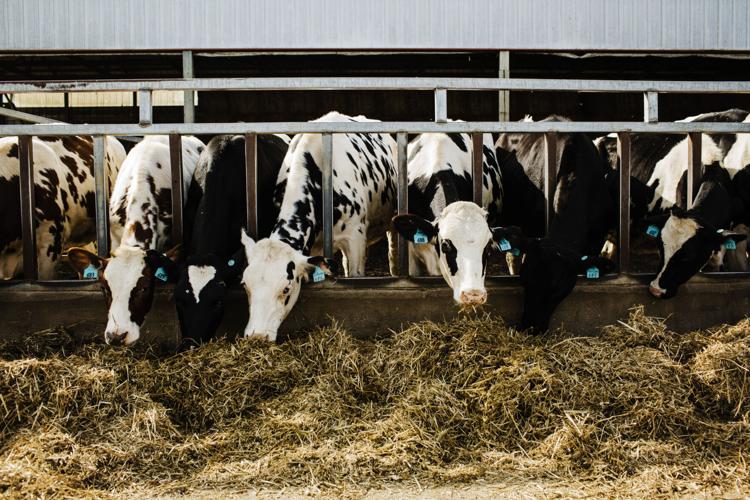
During a conference call with New York media Thursday, Reed noted that a letter has been sent to the USDA as well as trade representatives on the issue of access to the Canadian market.
“Dairy markets in Canada have been very tough to crack into,” said Reed, R-Corning. “They have very protective measures in place in Canada, denying access to our New York farmers in particular that market. The good news is under the United States-Mexico-Canada agreement we were able to remove those barriers and we wanted to send our officials written notice that we want to make sure that those barriers are not reestablished and that our New York farmers in particular as well as dairy farmers across America have access to that Canadian market.”
According to Reed, farmers are able to sell milk for $19 per hundredweight (cwt), which is “a significant increase from where we were just a brief six months ago.”
Reed said it’s the access to Canada that has made a difference. We want to continue to stand with our dairy farmers in particular and let them know that we’re watching these markets and we’re going to make sure that those hard fought victories that we got from the USMC agreement in particular are guaranteed,” he said.
In other business, Reed briefly touched on the possibility of Amazon building a warehouse distribution center locally.
“Chautauqua County is a beautiful location. … We are just making the pitch based on the relationship we have that if they would be so inclined to consider looking at this, we’re giving them the information. We’re making the argument that this a great location with a great workforce that would serve them well.”
Reed also addressed the issue of unemployment aid and the requirement by President Donald Trump to have states pick up $100 of the $400 a week additional payment. He said he hopes states, including New York, would make that 25% commitment. “There are real people who are suffering who need that assistance,” he said. “The president signed that relief to help hardworking Americans who need that assistance.”
Reed noted that Congress is working on solutions on unemployment. He said one of the issues many members believe is that a person should not make “significantly more money on unemployment than you do when you’re working,” he said. “That is the fundamental issue.”























